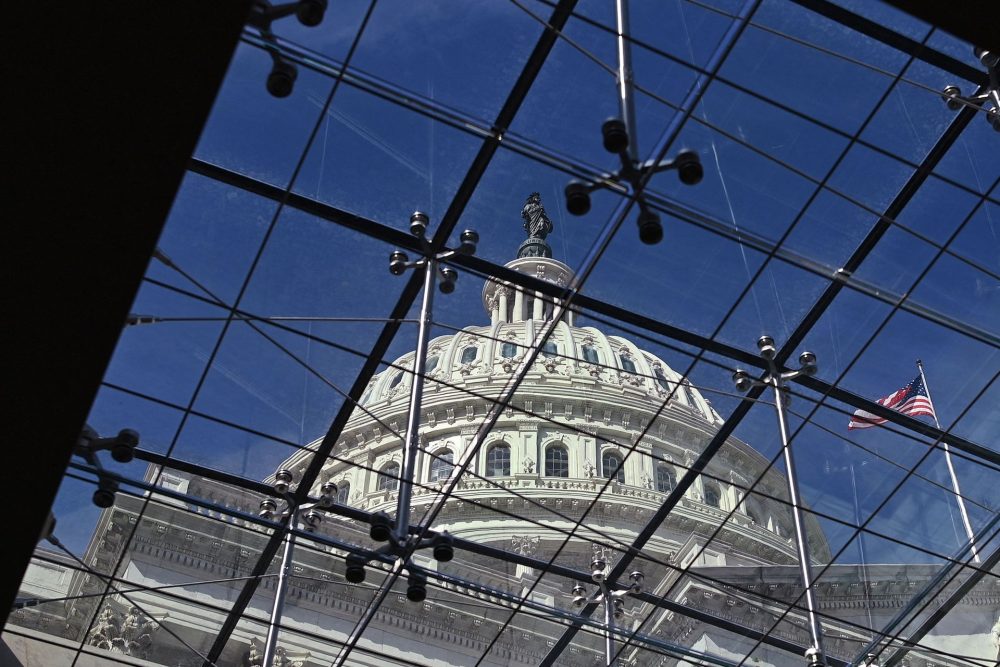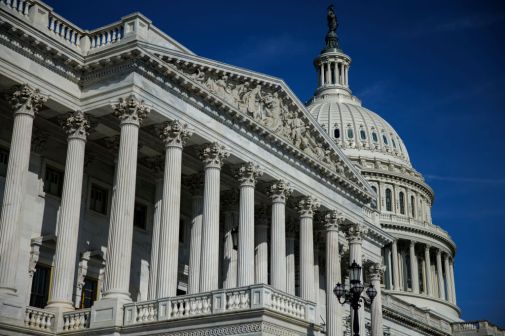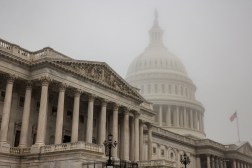Major government tech contractors use monopolistic vendor-lock to drive revenue, study says

Major IT government software contractors like Microsoft and Oracle routinely lock federal agencies into sole-source contracts using monopolistic methods that cost the taxpayers hundreds of millions of dollars more without meaningful competition, according to an industry study.
Microsoft and Oracle, the world’s two largest software companies, received at least 25% to 30% of government sales over the last 10 years through less than fully competitive procurement processes, according to a report commissioned by technology trade group NetChoice.
The study was compiled from thousands of government contracting documents and drafted by independent procurement expert Michael Garland. It is called “Vendor-lock and lack of competition in the government’s software estate.”
Given that the government is spending between $10 billion and $15 billion each year on commercial-off-the shelf software and cloud, a reduction of only five percent, driven through competition, could produce an annual savings to taxpayers of up to $750 million, the study said.
“Vendor-lock has also allowed software vendors to leverage their power to impose a number of harmful practices on the government,” the study said. “Because of vendor-lock, the U.S. government sometimes reverse-engineers software procurement processes to avoid genuine competition.”
One example of vendor-lock the study cites is a procurement process in which the Department of Agriculture in 2021 spent $112 million more to buy Microsoft Office than Google Workspace to avoid switching costs that it perceived to be even higher.
According to the study, monopolistic behaviors that major IT government vendors have engaged in include: imposing license restrictions that require the government to repurchase software in order to use it in cloud environments run by competing tech companies; fixed, inflexible annual support fees, that cannot be reduced; and predatory software audits.
The study highlights a particular example of unfair software licensing restrictions currently used by Microsoft where it allows a government client to move all their Microsoft software into Azure for essentially no additional charge but the client would have to repurchase, or start over, with new Microsoft licenses to move into the AWS or Google cloud.
“The VA capitulated to Microsoft’s dominance, allowing Microsoft to charge whatever it wanted,” the study states. “$1.6 billion is a significant amount of taxpayer money to spend without meaningful competition.”
Oracle also makes it more expensive to use their software in alternative cloud platforms with the study citing a recent lawsuit which accuses Oracle of using predatory audits to drive 90% of its cloud revenue between 2017-2018.
The study puts forward several suggestions for how the federal government could limit vendor-lock and save taxpayer dollars. Chief among these suggestions is the bipartisan Strengthening Agency Management and Oversight of Software Assets Act (SAMOSA), which FedScoop exclusively reported on last year.
The legislation would mandate the consolidation of federal agency software licenses and force greater transparency and accountability of software purchasing through independent reviews, if it passes into law.
“The SAMOSA Act will provide valuable data to help the U.S. government identify and diversify out of vendor-lock,” the study states. “The government has an imperative to eliminate licensing clauses that are opaque, restrict mobility, and enforce unfair penalties.”
NetChoice is a technology industry group that counts Big Tech companies including Amazon and Google among its membership.






